Field Volatility Studies
Volatilization can be an important mode of off target exposure to pesticides from treated areas. Field volatility studies provide realistic estimates of volatility when a pesticide is applied at its maximum labeled rate. The vapors resulting from volatilization of some pesticides can cause adverse effects to humans via inhalation exposure at sites of application or biological effects in
non-target organisms at some distance from the treated site.
Field volatility studies require air sampling in and around a treated field. Results from this testing - along with the collection of data on other environmental factors - are used in modeling to predict volatilization exposure under differing environmental circumstances. Stone staff specialize in the conduct of these studies for those pesticides that demonstrate a significant rate of volatilization from soil based on the results of laboratory studies. Data from volatility studies are used to support the registration of end-use products intended for terrestrial and greenhouse uses.
-
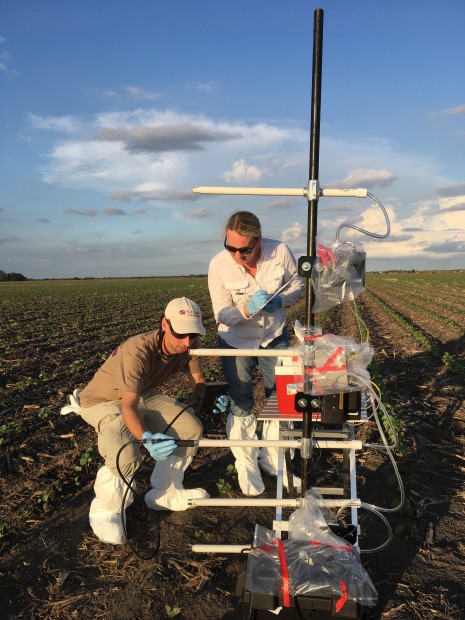
Sampling
-
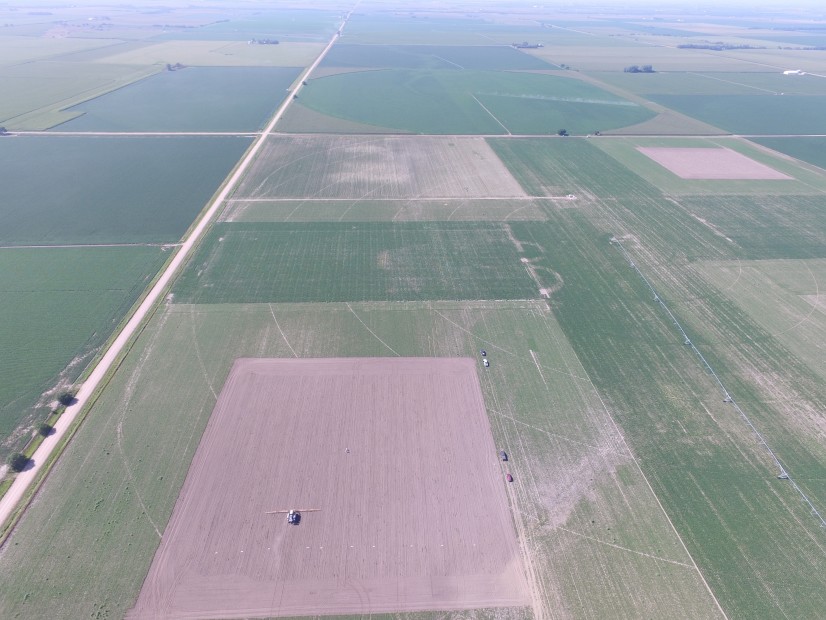
Field Volatility Study Plot
-
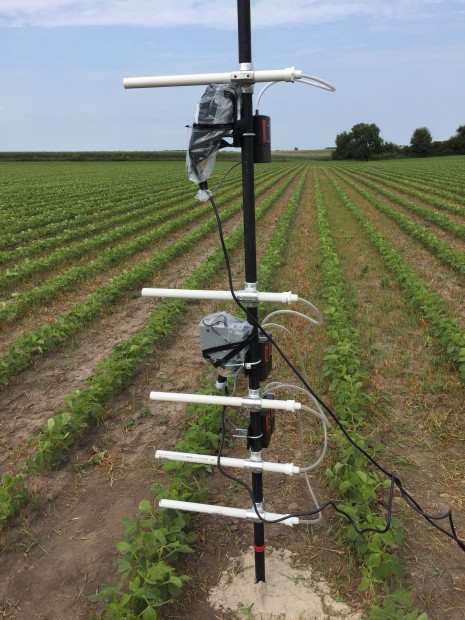
Center Mast Monitoring Station
-
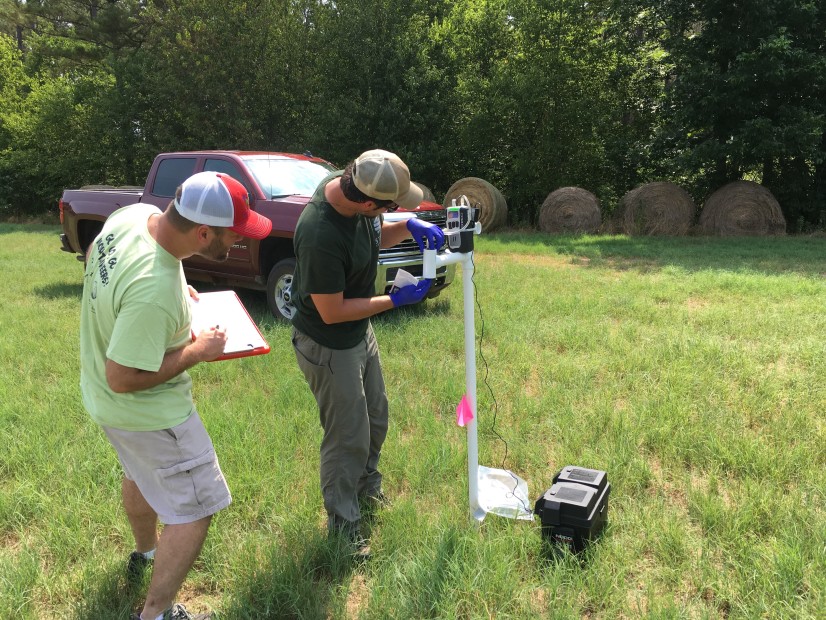
Sampling
-
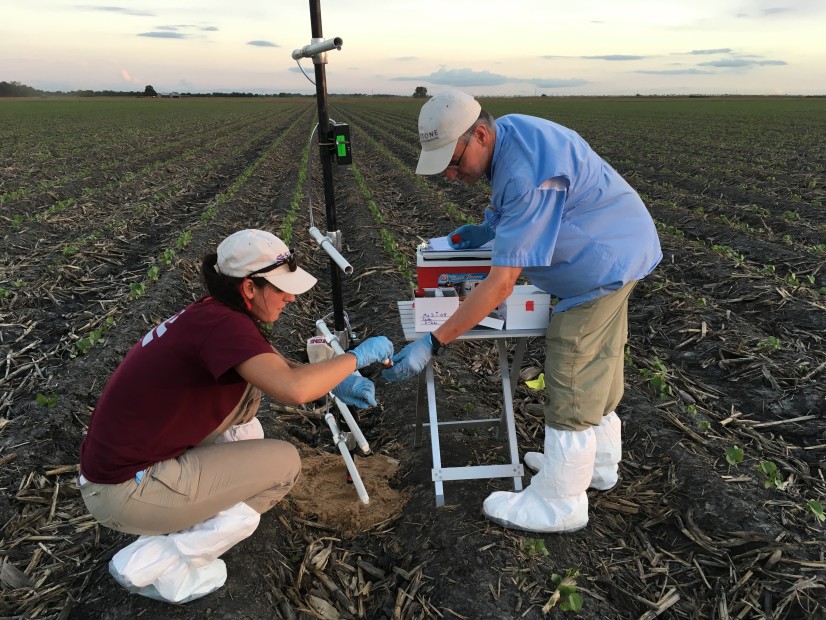
Sampling
-
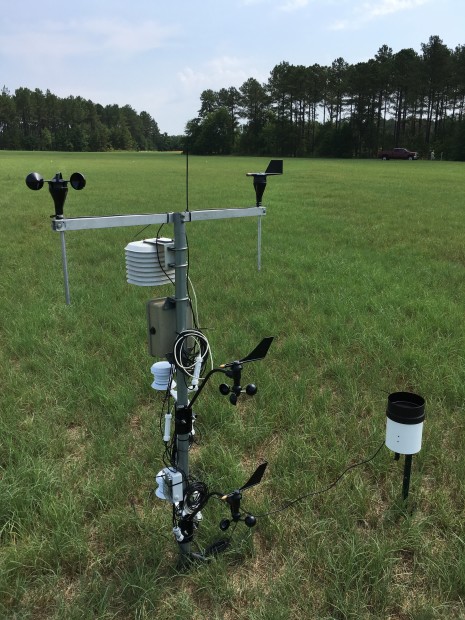
Weather Station
-
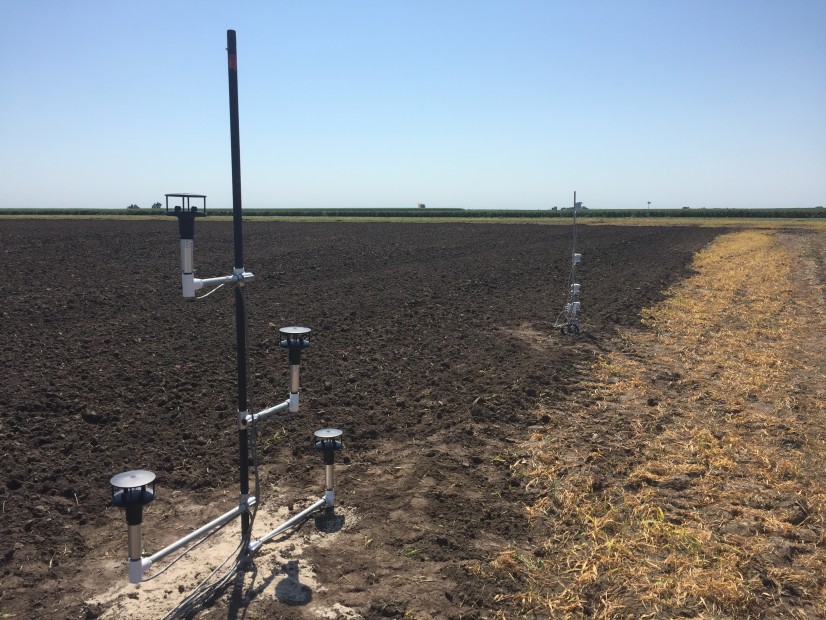
Met Station
Met Station
-
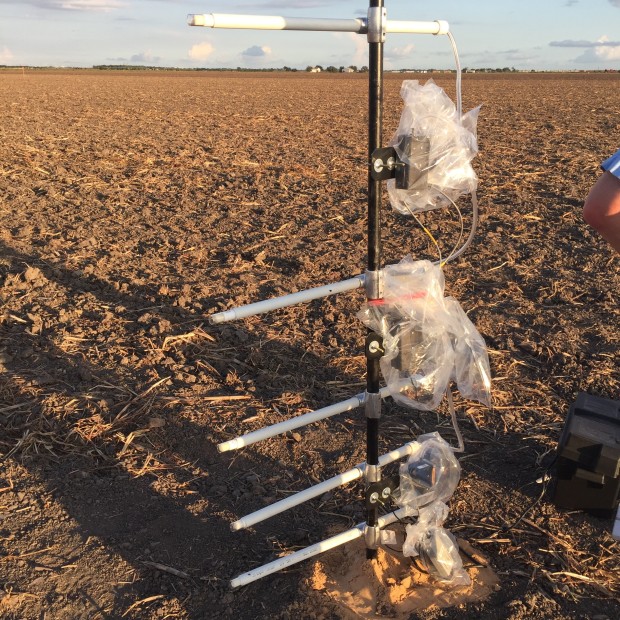
Center Mast Monitoring Station
Center Mast Monitoring Station
Explore more in our "Field Studies" section
Prospective Groundwater Studies
Drift Reduction Technology Assessments

